15 Spices That Can Help Melt Belly Fat
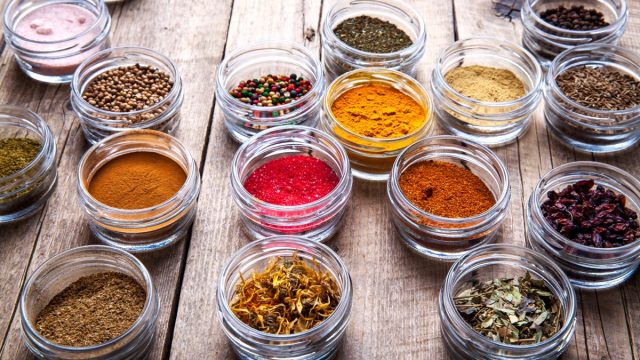
Spices do more than just add flavor to our meals; as a nutritionist with more than 15 years of experience, I know they can also play a pivotal role in enhancing health and supporting weight loss efforts. Rich in antioxidants, anti-inflammatory properties, and metabolic boosters, certain spices can help “melt” body fat by improving metabolic rate, reducing inflammation, and helping to control appetite. In this article, we’ll explore 15 spices known for their fat-burning potentials, detailing how each one contributes to fat loss and how you can incorporate them into your daily diet. From the heat of cayenne pepper to the sweet warmth of cinnamon, these spices not only enrich your food but also assist your body in burning fat more efficiently, making them powerful allies in your journey towards a healthier lifestyle.
RELATED: 8 Best Ways to Strip Away Your Unhealthiest Belly Fat.
Cayenne Pepper
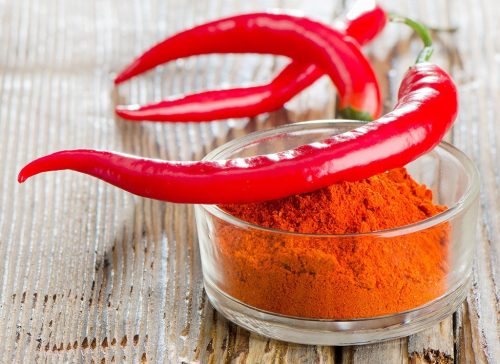
Cayenne pepper contains capsaicin, which can boost metabolism and increase the amount of heat your body produces, leading to more calories burned per day. It can be sprinkled on meats, added to soups, or used in marinades to give a spicy kick.
Turmeric
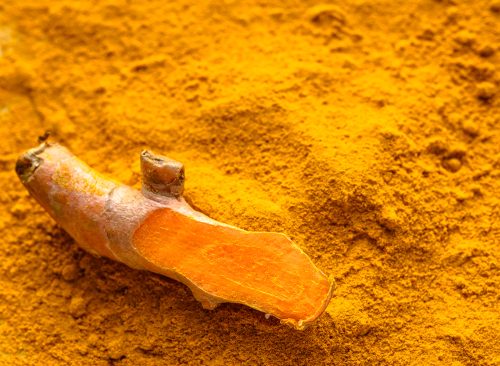
Turmeric contains curcumin, which is believed to have anti-inflammatory properties and may influence body fat. It can be added to curries, rice dishes, and soups, or even blended into smoothies for a health boost.
RELATED: 20 Easy Ways to Flatten Your Belly Fast, Says Top Nutritionist.
Cinnamon
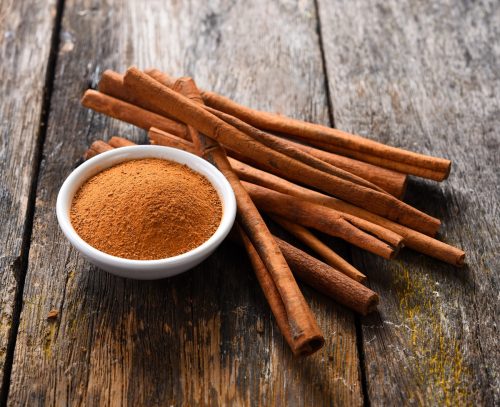
This spice can help regulate blood sugar levels, which can in turn reduce cravings and help you eat less. Cinnamon is versatile and can be added to oatmeal, coffee, or baked goods for flavor and health benefits.
Ginger
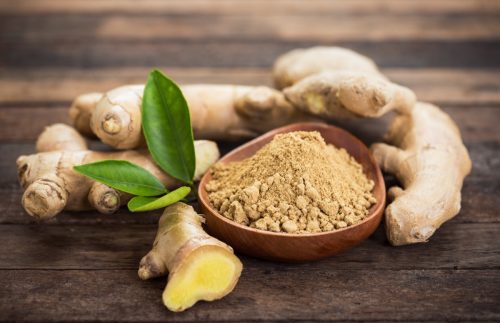
Ginger is known for its ability to enhance digestive health and has thermogenic properties that may boost metabolism. You can add fresh or powdered ginger to stir-fries, smoothies, or teas.
Black Pepper
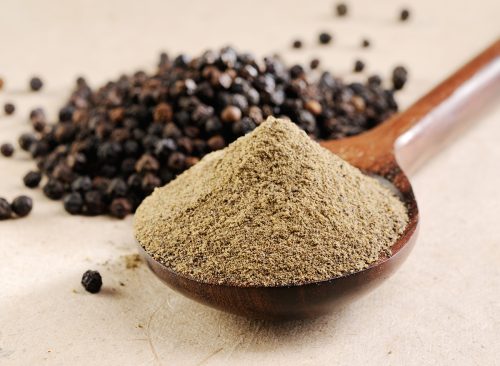
Black pepper contains piperine, which can block the formation of new fat cells. It’s easy to add to almost any dish, enhancing flavor while possibly helping with fat loss.
RELATED: 20 Easiest and Most Effective Exercises on the Planet.
Mustard Seed
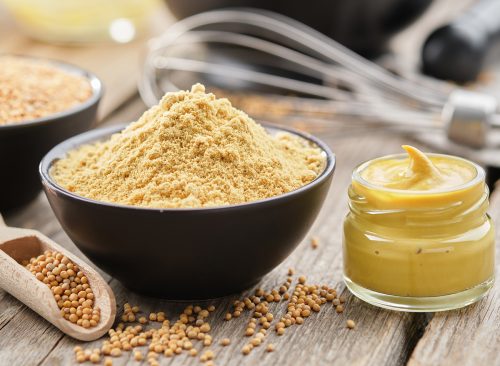
Like cayenne pepper, mustard seeds can increase metabolic rate. You can use mustard seeds in pickling, marinades, or to make homemade mustard.
Cardamom
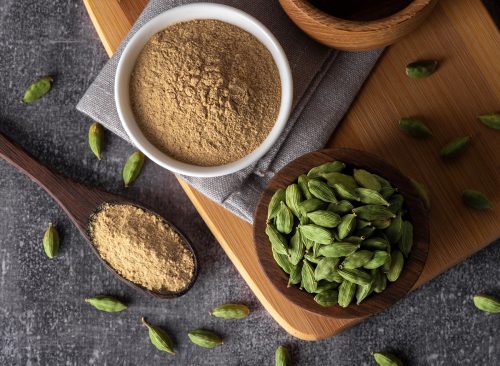
This aromatic spice is known for its ability to boost metabolism and improve body composition. Cardamom can be added to coffee, baked goods, or even meat dishes.
Cumin
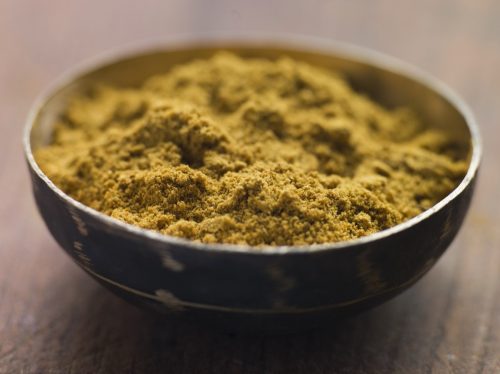
Cumin is said to significantly decrease body fat when added regularly to your diet. It’s great in Middle Eastern, Indian, and Mexican dishes.
RELATED: If You Want to Lose Weight, “Avoid These Foods Like the Plague,” Fitness Expert Says.
Fenugreek
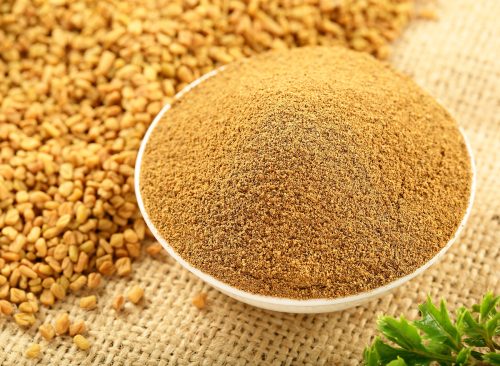
Fenugreek helps in controlling appetite and reducing food consumption. It can be used in spice mixes, breads, and curries.
Garlic Powder
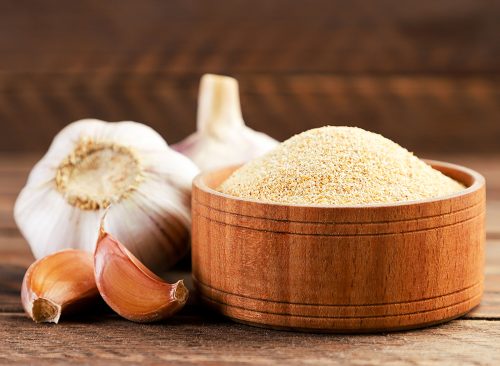
Garlic not only adds flavor but also has significant health benefits, including potentially aiding in weight loss. It can be added to meats, vegetables, and sauces.
Chili Powder

Fennel Seed
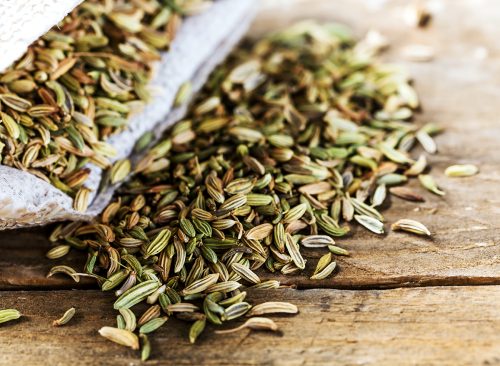
Known for its ability to aid digestion, fennel seeds also have diuretic properties, helping to reduce water retention. Chew raw fennel seeds after meals or use them in cooking meats and baking.
Coriander
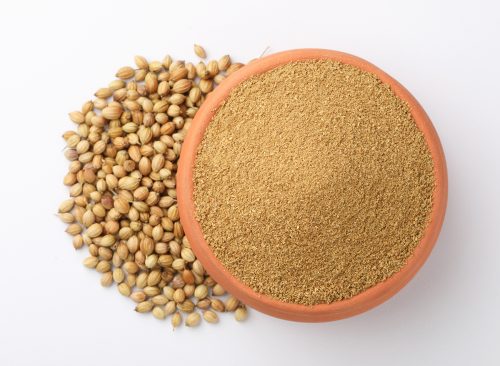
Coriander helps in digestion and boosting metabolism. It can be used in soups, salads, or as a spice rub for cooking proteins.
Cloves
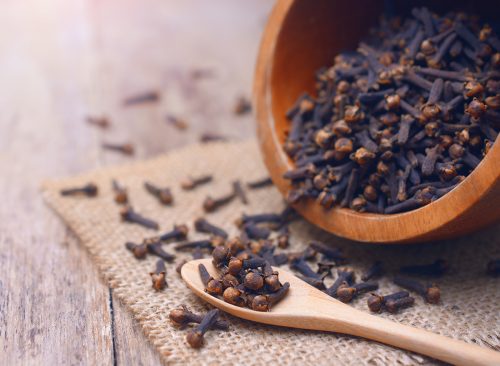
Cloves can help regulate blood sugar, which helps to control appetite and may prevent cravings. Use cloves in baking, spice mixes, or to flavor tea.
Nutmeg
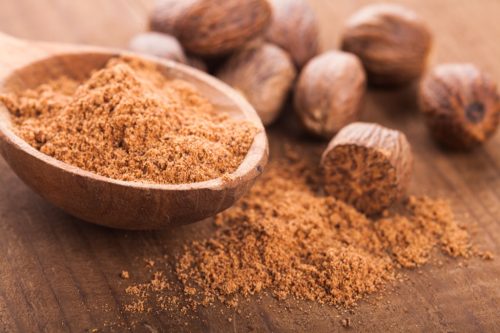
Nutmeg is not only a warming spice but also helps in digestion and has a slight appetite suppressant quality. It’s great in desserts, smoothies, and vegetable dishes.
Best Life offers the most up-to-date information from top experts, new research, and health agencies, but our content is not meant to be a substitute for professional guidance. When it comes to the medication you’re taking or any other health questions you have, always consult your healthcare provider directly.